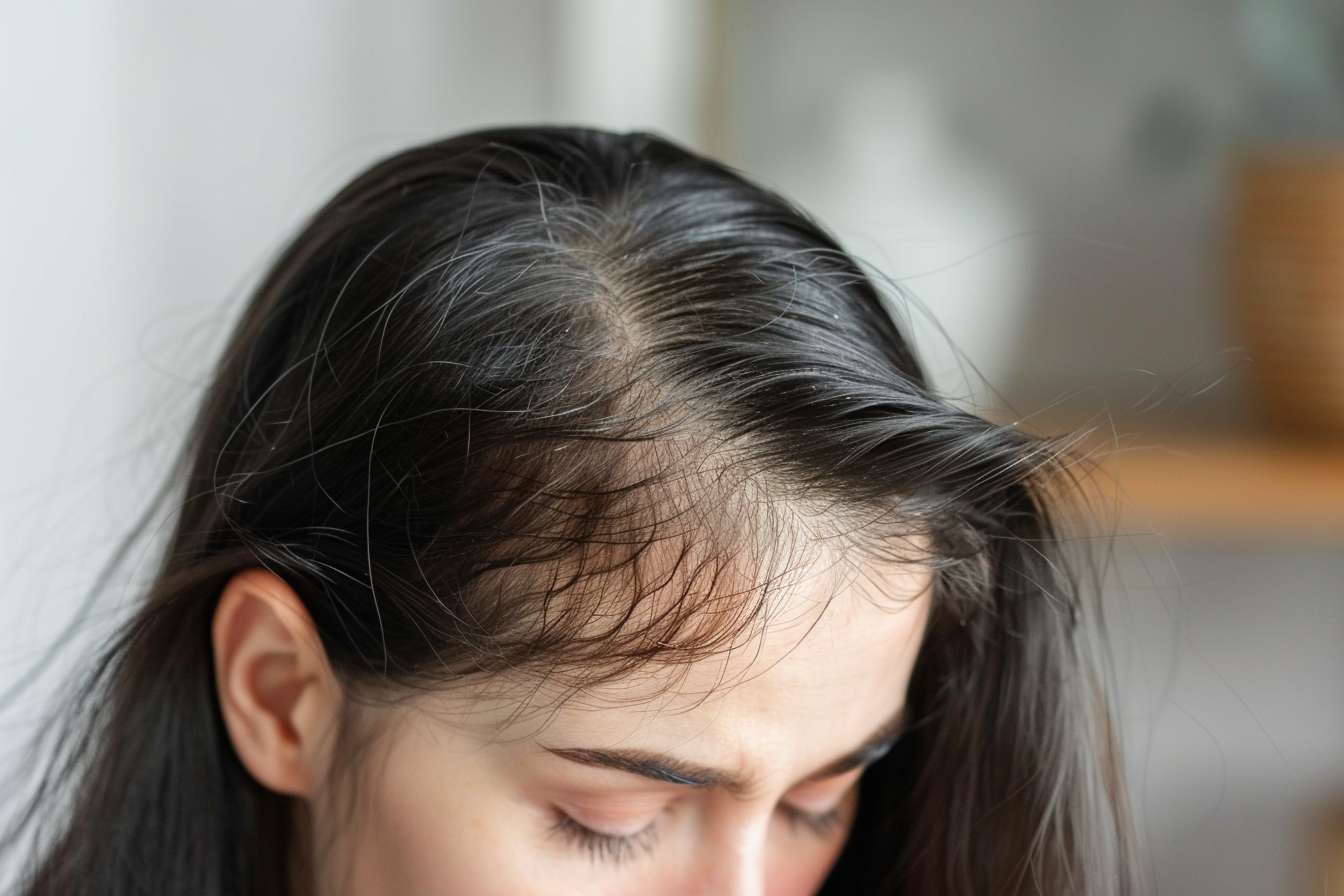Hair Loss in Women: Causes, Treatments, and Stigma
Hair loss is a condition often associated with men, but it affects millions of women worldwide. In the UK, approximately 8 million women experience some form of hair loss, yet it remains a taboo subject. This pervasive issue can have profound psychological effects, impacting self-esteem and quality of life. Despite its prevalence, female hair loss is frequently misunderstood and underdiagnosed. The causes are diverse, ranging from genetic factors to hormonal imbalances and lifestyle choices. Understanding the root causes and available treatments is crucial for women grappling with this often distressing condition. This article delves into the complexities of female hair loss, exploring its causes, treatment options, and the social stigma surrounding it.

Hormonal Imbalances and Hair Loss
Hormonal fluctuations play a significant role in female hair loss. Conditions such as polycystic ovary syndrome (PCOS), thyroid disorders, and pregnancy-related hormonal changes can all contribute to hair thinning or loss. During pregnancy, many women experience thicker, fuller hair due to increased oestrogen levels. However, after childbirth, as hormone levels return to normal, some women may experience postpartum hair loss. This temporary condition, known as telogen effluvium, typically resolves within 6-12 months. Understanding these hormonal influences is crucial for accurate diagnosis and effective treatment.
Nutritional Deficiencies and Lifestyle Factors
Diet and lifestyle choices can significantly impact hair health. Iron deficiency anaemia, common in women of childbearing age, can lead to hair loss. Similarly, insufficient intake of proteins, vitamins (particularly B vitamins and vitamin D), and minerals like zinc can affect hair growth and strength. Crash diets and extreme weight loss can also trigger hair shedding. Stress, both physical and emotional, is another significant factor that can disrupt the hair growth cycle. Recognising these modifiable factors empowers women to make lifestyle changes that support hair health.
Medical Conditions and Medications
Several medical conditions can contribute to hair loss in women. Autoimmune disorders such as alopecia areata, where the immune system attacks hair follicles, can cause patchy hair loss. Scalp infections, like ringworm, can also lead to hair loss if left untreated. Additionally, certain medications, including some antidepressants, blood pressure medications, and chemotherapy drugs, may cause hair loss as a side effect. It’s crucial for women experiencing hair loss to consult with healthcare professionals to rule out underlying medical conditions and review their medications.
Treatment Options for Female Hair Loss
The treatment landscape for female hair loss has evolved significantly in recent years. Minoxidil, the only FDA-approved topical treatment for female pattern hair loss, remains a frontline option. It works by prolonging the growth phase of hair follicles and increasing blood flow to the scalp. Oral medications like spironolactone, which blocks androgens, may be prescribed off-label for women with FPHL. For those with nutritional deficiencies, supplements targeting specific vitamins and minerals can be beneficial. Low-level laser therapy (LLLT) devices have shown promise in stimulating hair growth, though more research is needed to establish long-term efficacy.
Emerging Treatments and Research
Research into female hair loss continues to yield promising new treatments. Platelet-rich plasma (PRP) therapy, which involves injecting a concentration of a patient’s own platelets into the scalp, has shown encouraging results in promoting hair growth. Stem cell therapy is another area of active research, with early studies suggesting potential for hair follicle regeneration. Additionally, scientists are exploring the use of JAK inhibitors, originally developed for treating autoimmune diseases, as a potential treatment for alopecia areata and other forms of hair loss.
The Psychological Impact of Hair Loss in Women
The emotional toll of hair loss on women cannot be overstated. In many cultures, hair is closely tied to femininity and self-image. Women experiencing hair loss often report feelings of shame, loss of identity, and decreased self-esteem. This psychological distress can lead to social withdrawal and even depression. Despite the prevalence of female hair loss, many women suffer in silence due to the stigma surrounding the condition. Addressing the mental health aspects of hair loss is crucial, and support groups and counselling can play a vital role in helping women cope with the emotional impact.
Breaking the Stigma: Raising Awareness and Support
Efforts to destigmatise female hair loss are gaining momentum. Celebrities and public figures sharing their experiences have helped bring the issue into the spotlight. Social media campaigns and support communities are providing platforms for women to share their stories and find solidarity. Educational initiatives aimed at healthcare providers are also crucial, as many women report feeling dismissed or misunderstood when seeking help for hair loss. By fostering open conversations and increasing public understanding, we can create a more supportive environment for women experiencing hair loss.
In conclusion, female hair loss is a complex and multifaceted issue that affects millions of women in the UK and globally. While the causes are varied and treatment options continue to evolve, the psychological impact remains significant. By understanding the underlying causes, exploring available treatments, and working to break down societal stigmas, we can better support women dealing with this challenging condition. As research progresses and awareness grows, there is hope for more effective treatments and greater acceptance of female hair loss in society.




